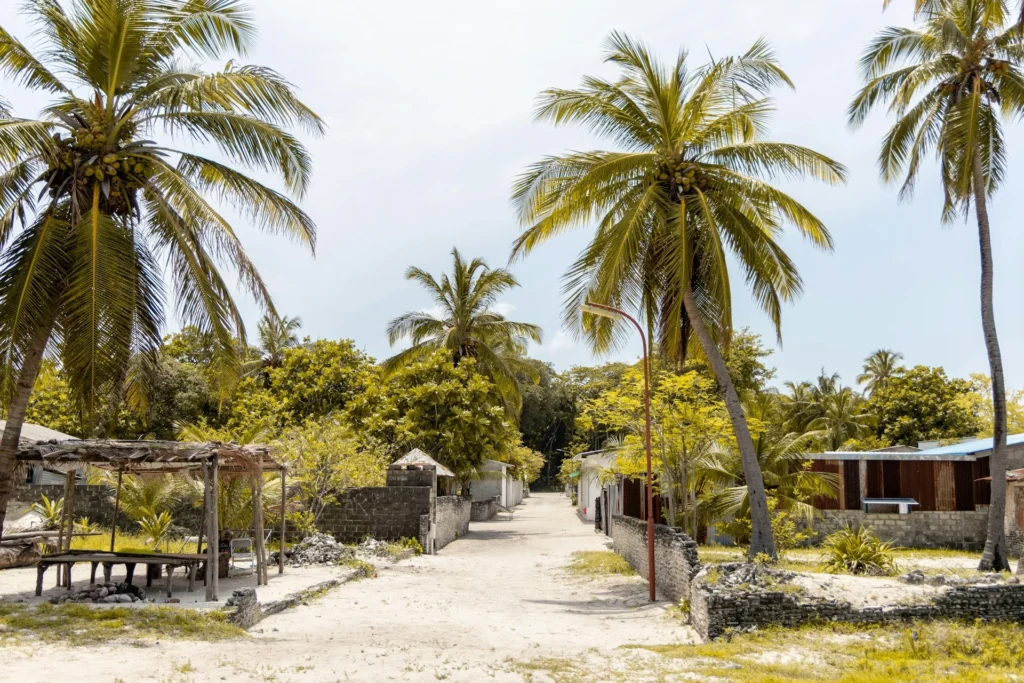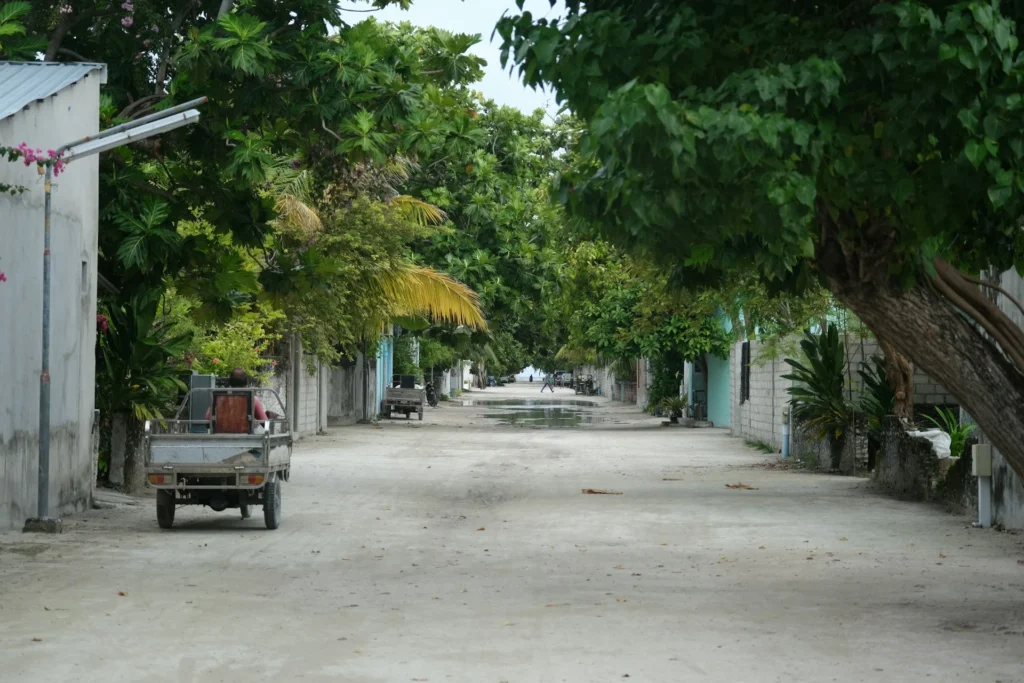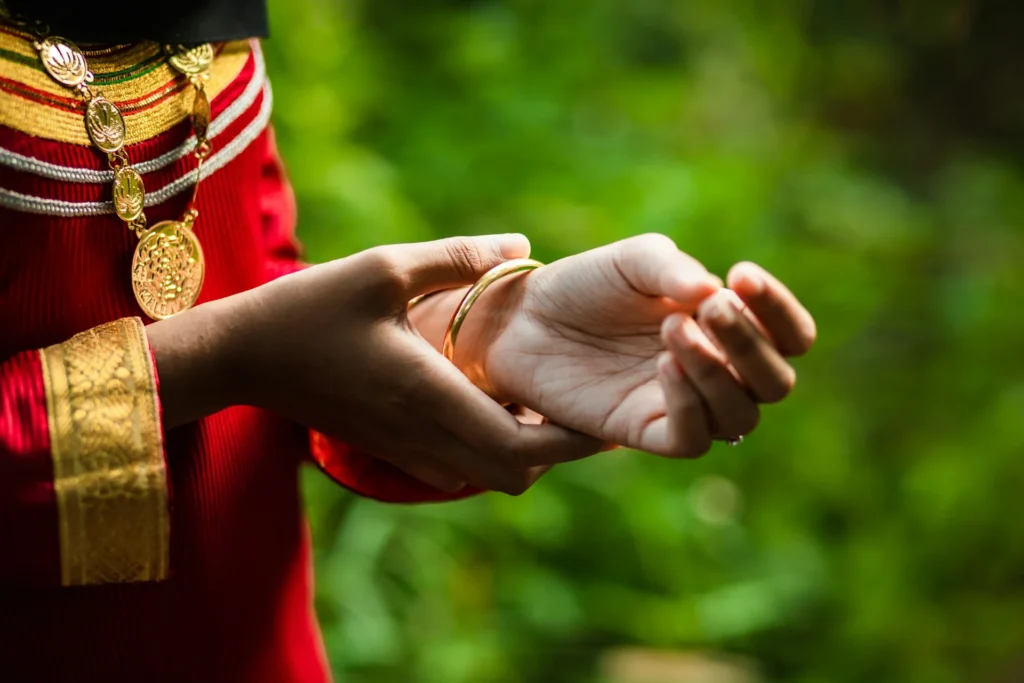Cultural Insights of the Maldives
The Maldives, an idyllic paradise known for its stunning beaches and luxurious resorts, also boasts a rich and vibrant culture shaped by its history and geographical location. Understanding the cultural nuances of the Maldives can enrich your travel experience and offer a deeper appreciation of this unique destination. Here are some key cultural insights to enhance your visit to the Maldives.
Historical Background
The Maldives has a long and diverse history influenced by various civilizations, including South Asians, Arabs, and Africans. This cultural melting pot is reflected in the Maldivian way of life, traditions, and beliefs. The Maldives converted to Islam in 1153 AD, and Islamic culture has since become a cornerstone of Maldivian identity.
Language and Communication
The official language of the Maldives is Dhivehi, an Indo-Aryan language with its own script, Thaana. While Dhivehi is widely spoken, English is commonly used in tourist areas, making communication easy for visitors. Learning a few basic phrases in Dhivehi, such as “hello” (assalaamu alaikum) and “thank you” (shukuriyaa), can go a long way in showing respect for the local culture.

Religion and Customs
Islam is the state religion of the Maldives, and it plays a significant role in the daily lives of Maldivians. Mosques are prevalent throughout the islands, and the call to prayer (adhan) is heard five times a day. Visitors are welcome to visit mosques outside of prayer times, provided they dress modestly and respect local customs.
Ramadan: During the holy month of Ramadan, Muslims fast from dawn to sunset. If you visit during this time, be mindful of the customs and practices. Public eating, drinking, and smoking during daylight hours should be avoided out of respect for those observing the fast.
Traditional Music and Dance
Maldivian music and dance are vibrant expressions of the country’s cultural heritage. Traditional performances often take place during festivals, celebrations, and special events.
Bodu Beru: This is the most popular form of traditional music and dance in the Maldives. It features rhythmic drumming, singing, and dancing, often performed by large groups. Bodu Beru performances are energetic and captivating, offering a glimpse into the island’s rich musical traditions.
Thaara: Another traditional dance, Thaara, has roots in Arab culture and is performed by a group of men sitting in two rows, clapping and singing rhythmic songs.

Festivals and Celebrations
The Maldives celebrates several Islamic holidays and festivals, which are important cultural events for locals.
Eid-ul-Fitr: This festival marks the end of Ramadan and is celebrated with feasts, family gatherings, and special prayers. It’s a time of joy and communal harmony.
Eid-ul-Adha: Known as the Festival of Sacrifice, Eid-ul-Adha is another significant Islamic holiday commemorated with prayers, feasting, and acts of charity.
National Day: Celebrated on the first of Rabee-ul-Awwal, the third month of the Islamic calendar, National Day commemorates the victory of Muhammad Thakurufaanu Al Auzam against the Portuguese in 1573. It’s marked by parades, performances, and patriotic displays.
Traditional Crafts and Art
Maldivian craftsmanship reflects the resourcefulness and creativity of its people. Traditional crafts make for unique souvenirs and offer insight into local heritage.
Lacquer Work: Known locally as “Liyelaajehun,” lacquer work involves coating wooden objects with layers of resin and decorating them with intricate patterns. Common items include vases, jewelry boxes, and ornamental pieces.
Mat Weaving: Mats, or “kunaa,” are woven from the leaves of the screw pine tree. These mats are often used in homes and mosques and are known for their durability and beautiful designs.
Boat Building: The traditional Maldivian boat, known as a “dhoni,” is an essential part of the island’s heritage. These handcrafted vessels are used for fishing, transportation, and tourism. Watching a dhoni being built is a fascinating experience that showcases the skill and expertise of local craftsmen.

Local Etiquette
Respecting local customs and etiquette is important when visiting the Maldives.
Dress Code: While resorts have relaxed dress codes, modest attire is expected when visiting local islands and public places. Swimwear is appropriate at the designated tourist beach but should be covered up when not at the beach or pool areas.
Behavior: Public displays of affection are frowned upon, and it’s important to respect local sensibilities. Avoid loud and disruptive behavior, especially in religious and residential areas.
Tipping: Tipping is not mandatory but is appreciated for good service. Many resorts include a service charge in their bills, but additional tips for exceptional service are welcomed.
Conclusion
Exploring the cultural aspects of the Maldives can greatly enhance your travel experience, providing a deeper understanding and appreciation of the island nation’s rich heritage. From its vibrant traditions and festivals to the warmth and hospitality of its people, the Maldives offers much more than just breathtaking landscapes. Embrace the opportunity to learn and engage with the local culture, and your visit to this tropical paradise will be even more memorable.
